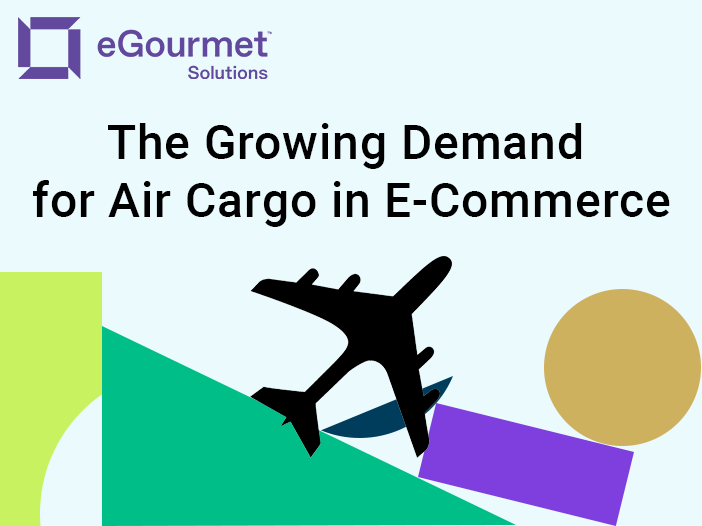
The e-commerce boom has revolutionized the way we shop, and with it, the logistics industry has undergone significant changes. One of the most notable shifts has been the surge in demand for air cargo. Here’s a closer look at this trend and its implications for the logistics sector.
E-Commerce and Air Cargo’s Symbiotic Relationship
E-Commerce giants, with their promise of quick deliveries, rely heavily on air cargo. As online shopping becomes more prevalent, the need for faster shipping options has grown. Air cargo offers the quickest mode of transport, making it a preferred choice for e-commerce businesses aiming to meet customer expectations for rapid deliveries (source: Air Cargo News).
Challenges in Meeting the Demand
While the demand for air cargo has skyrocketed, the industry faces challenges. Capacity constraints, especially during peak shopping seasons, can lead to delays. Moreover, the global pandemic has further strained the air cargo sector, with many passenger flights (which also carry cargo) being grounded. This has led to a scramble for space in dedicated cargo flights (source: FreightWaves).
Implications for the Logistics Industry
The surge in air cargo demand has prompted many logistics companies to rethink their strategies. Investments in technology to optimize cargo space, partnerships with airlines, and the establishment of dedicated air cargo hubs are some of the steps being taken. Furthermore, the rise of cargo-focused airports indicates a shift in the industry, emphasizing the growing importance of air freight in the logistics chain (source: Air Cargo Next).
In conclusion, as e-commerce continues to grow, so will the demand for air cargo. The logistics industry must adapt and innovate to meet this demand, ensuring timely deliveries and maintaining customer trust. The future of logistics is airborne!